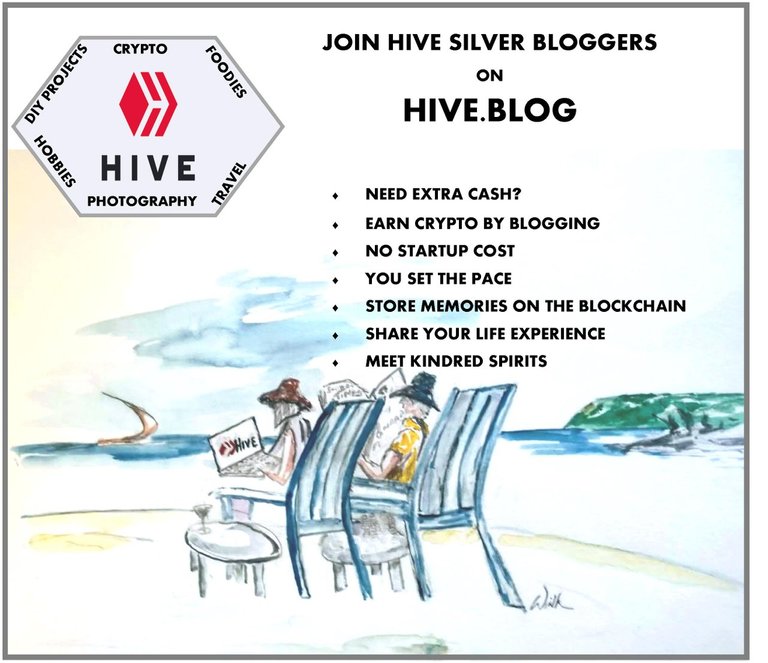Altruism, Philanthropy and “Doing Good” — It's for Rich People! Really...?
It often strikes me that life, culture and societies contradict themselves all the time.
This morning, I was wading through the usual ocean of ”garbage email” (meaning not just outright SPAM, but also the endless solicitations from every person I have ever said as much as “hello” to) in my inbox and reflected on the reality of just how much of this stuff revolves around ”doing good,” with pretty much zero likelihood that it will do me any good.

Which is fine, but why are they asking someone who barely has a spare second to sneeze to get involved in extensive volunteer and charity work?
Thinking about that a bit more, I have worked with a number of charities and non-profit organizations over the past three decades, and one of the modestly alarming common threads is that most people who work with charities are actually dirt poor and more often than not the people who donate to charities are not the ”wealthy” who have money to spare, but people who are — often literally — choosing between giving $25 to a cause or having enough money to buy underwear.
Economic ”theorists” — at least here in the US — like to subscribe to the idea that we don’t need a social safety net because ”voluntary doing good” should take care of the problem.

The problem I have always had with economists, statisticians and ideologists is that they should be required to take a multiple-year education in behavioral psychology before being allowed to spout economic and social theory.
Don't even get me started!
Anyway, that "voluntary giving" certainly looks nice ”on paper,” but broadly ignores the fact that those who can actually afford to substantially do good — and have the leisure time on their hands — tend to have almost no interest in participating in things that don’t involve improving their financial bottom line. In some way. So instead of some minimal form of ”financial equalization” taking place via voluntary contributions, we simply end up with ”the poor supporting the poor,” and the same figurative $50 bill being passed from person to person.
The cynic in me ponders whether charities would be a lot more successful if their purpose was ”building industry” rather than ”helping people.”
/end cynicism
Yes, I am perfectly well aware that the wealthy give billions to charity. They give generously to museum exhibitions... that will increase the visibility and value of their own art collections. They give generously to end hunger... in ways that will increase the profits of the food manufacturing stock in their portfolio, more than feeding the starving. They give generously to education... so they can get more qualified workers for their own for-profit ventures.
And maybe that’s really my point, here. Altruism for the wealthy is typically anchored in bottom lines, while altruism for the less well off tends to be more anchored in simply ”doing good.”
Now, I grant you that my lens of perception is somewhat USA-centric, because more than in any of the 12 other countries in which I have lived... everything in this country tends to be distilled down to a financial bottom line.
"We'll GLADLY help the hungry and the poor... IF we can profit from it!"
Doesn't that sort of miss the point of what altruism is?
Of course, some just want to "blame capitalism" but I think that also misses the point. It's not capitalism that's the problem... more likely, it's a social environment that "worships" individualism at the expense of community.
No, I'm not some bleeding heart commie socialist... I think it's more a case of recognizing (rather than "ME first!") that a strong community lays the foundation for a strong you.
Think about it. A powerful army isn't 10,000 people all doing their own individual thing, and acting on their own sense of what to do next, it's 10,000 people working together to achieve an objective. And the best thing isn't necessarily that you get to have it YOUR way.
As always, this post has rambled around rather extensively... but ultimately, my point is that it's pretty lame to expect those who need the charity to be the ones who provide the charity!
Thanks for reading, and have a great remainder of your day!
How about YOU? Have you ever worked with charities? Have you ever noticed that many charities are populated by those who actually NEED the charity? Comments, feedback and other interaction is invited and welcomed! Because — after all — SOCIAL content is about interacting, right? Leave a comment — share your experiences — be part of the conversation!

Greetings bloggers and social content creators! This article was created via PeakD, a blogging application that's part of the Hive Social Content Experience. If you're a blogger, writer, poet, artist, vlogger, musician or other creative content wizard, come join us! Hive is a little "different" because it's not run by a "company;" it operates via the consensus of its users and your content can't be banned, censored, taken down or demonetized. And that COUNTS for something, in these uncertain times! So if you're ready for the next generation of social content where YOU retain ownership and control, come by and learn about Hive and make an account!


(As usual, all text and images by the author, unless otherwise credited. This is original content, created expressly and uniquely for this platform — NOT cross posted anywhere else!)
Created at 20220222 19:38 PST
0506/1752



There is a community dinner charity which provides weekly meals in my small town. If we weren't extorted at every step by taxation and corporate grift, I think we would manage to provide for the poor at the grassroots level far better than politicians can. It's easy to be cynical when looking only at the contributions made by the wealthy, but charities are already widely supported voluntarily already, despite the existence of "just let the government do it" welfare programs. Social safety nets could also be handled by myriad alternatives.Churches, unions, and mutual aid societies could expand existing systems or replace services like unemployment insurance currently monopolized by government.
I'm a cynic, but not all the time.
My parents went through some very tough financial times. I don't know what the poverty level for income was in the 1950s and 1960s, but I'm sure we were below it. Yet they managed to help out other families who were in need. Perhaps one must experience need in order to give altruistically.
There's an interesting Twitter thread named' Has Jeff Bezos chosen to end world hunger today?". It's based on the idea that Bezo's personal daily income is enough to pay for what the UN and Co reckon is enough to end world hunger.
Of course, the daily answer is 'no'.